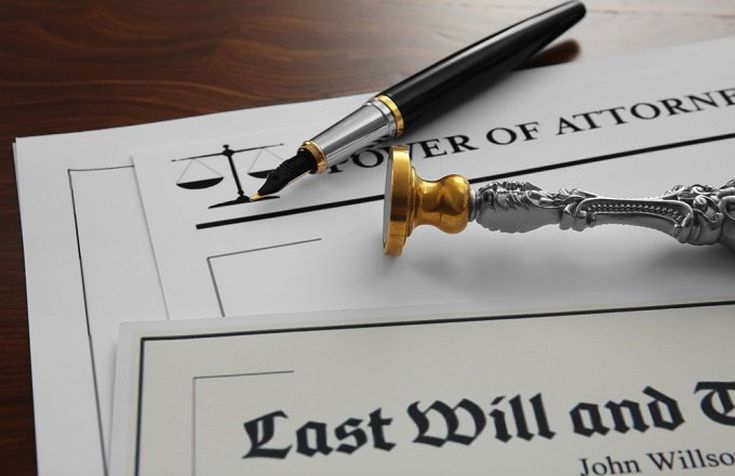What are the Parts of a Complete Estate Plan?
Though most people who contract COVID-19 experience mild symptoms, it doesn’t hurt to be prepared if you do need to be hospitalized. It can feel scary thinking about getting sick or not being able to make decisions for yourself, but an estate plan is meant to ease your fears. After all, wouldn’t you feel better knowing that the burden of making health and financial decisions will never fall on unprepared family members?







